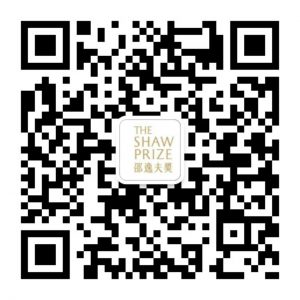for his initiation of the field of global differential geometry and his continued leadership of the field, resulting in beautiful developments that are at the centre of contemporary mathematics, with deep connections to topology, algebra and analysis, in short, to all major branches of mathematics of the last sixty years.
Shiing-Shen Chern is the foremost geometer of our time. His mathematical work, centering on geometry and spanning almost seven decades, has shaped large areas of modern mathematics. More than any other mathematician he defined the subject of global differential geometry, one of the central areas in contemporary mathematics. The depth and originality of his mathematical insight is seen in the many basic concepts of modern mathematics to which his name is attached: Chern classes, the Chern-Weil map, the Chern connection, the Bott-Chern forms, Chern-Moser invariants, and the Chern-Simons invariants.
Chern’s talent became apparent early. He completed his undergraduate work at Nankai University and his M.Sc degree work at Tsinghua University. In the 1930s he was sent to Europe, where he studied with Wilhelm Blaschke in Hamburg and Elie Cartan in Paris. Guided by their influence he wrote, in effect, two theses: one on web geometry and one on the differential invariants of a third-order ordinary differential equation. Both works were published and remain of interest today.
Shiing-Shen Chern(1911-2004)was born in China. He graduated from Nankai University in 1930 and the graduate school of Tsinghua University in 1934. He then furthered his studies at the University of Hamburg. He had been professor at the Southwest Associated University, Kunming, China, the University of Chicago, and the University of California at Berkeley. He founded the mathematics research institute at Nankai and was the honorary director from 1992.
Professor Chern received many honours such as the National Academy of Sciences in 1961, the US National Medal of Science in 1975, the Wolf Prize from the Israeli government in 1984, the Lobachevsky Prize from the Russian Academy of Sciences in 2002 and finally the first Shaw Prize in Mathematical Sciences in 2004. In 2002, he was Honorary President of the International Congress of Mathematicians held at Beijing.
